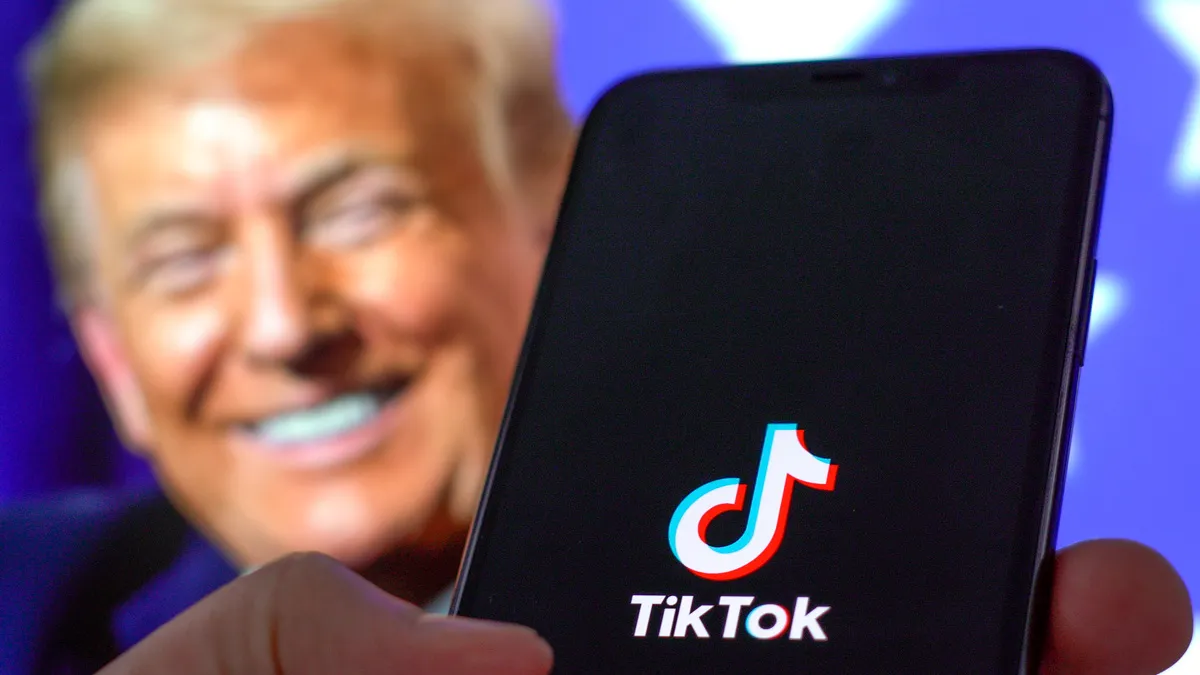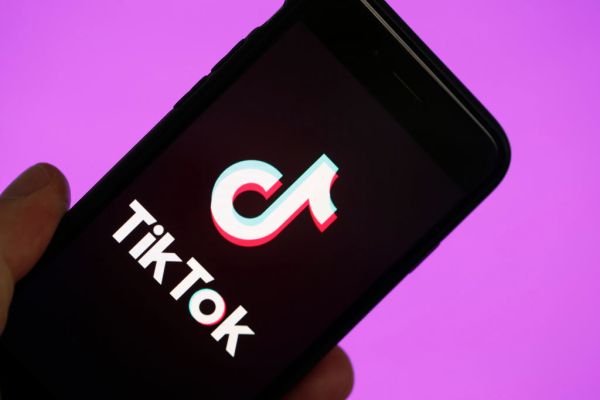
The China TikTok deal block is among the most consequential acts of the ongoing U.S.-China trade war. In view of the collapse of ByteDance’s sale of TikTok’s U.S. operations to American investors, many questions about the real motives behind China’s action arose. While some viewed it as a retaliatory move in response to increasing tariffs, larger strategic implications outlined much more. This article examines why China blocked the TikTok deal while reviewing the wider issues of digital sovereignty and global tech power dynamics.
China’s Digital Sovereignty and Strategic Interests
This China TikTok deal block always had to do with trade reprisals, but it also plays into Beijing’s larger strategy of squeezing its economy tighter into China’s control by restricting interference in its tech sector. Social media giant TikTok stands as a vital infrastructure in a growing scheme for developing China’s powers into the digital space. Digital sovereignty for China is now pronounced as a major issue; Beijing indeed would commit all its efforts on safeguarding such platforms as TikTok from external interference. That refusal to agree to sell reflects China’s determination to control its technology infrastructure from further U.S. penetrations into its domestic market and to forestall U.S. companies from gaining leverage over Chinese-owned digital platforms.The demand by China on TikTok was about more than trade sanctions; it was one aspect of Beijing’s larger attempts to retain its control over the technology industry. Hence, TikTok as a digital giant in the world was vital for increasingly asserting China’s power in the digital arena. Digital sovereignty from the Chinese perspective has become a significant concern and thus, for China, it is vital to keep platforms such as TikTok safe from external or foreign attack. Denying permission for sale is seen as China’s strong motive for controlling its technological assets against the encroachment of U.S.-owned companies operating over Chinese-controlled digital platforms.
Why Beijing Blocked the TikTok Deal
The move by Beijing to disallow ByteDance from selling the U.S. operations of TikTok to American investors is a politically calculated move in an ongoing political struggle. China has been very strategic in leveraging its digital platforms-TikTok being one of the top-most strings in its global influence. Locking the gate to such a sale will not only prevent foreign control over TikTok but will also issue a strong statement about digital sovereignty. Just as the China TikTok Deal Block illustrates, it shows the urgency with which Beijing would be willing to use its base as a global tech leader to refuse foreign pressure and retain influence over major digital platforms.
The Bigger Picture: U.S.-China Relations and Global Trade
The block against the China TikTok deal goes far beyond issues of a merely single app or trade; it is symbolic of the larger ongoing technological war between the U.S. and China. At a time when strains are building between the two countries, Chinese actions give a strong indication of the shifting global trade tectonics. The TikTok deal was more than just about TikTok; it was an arena for great power competition for global tech dominance, digital sovereignty, and economic leverage.
This new strategy being adopted by China is exactly the opposite of the Trump administration’s tactics, which were to use tariff increases as levers in entirely different realms of international policy. Now, this strategy is being adopted with respect to TikTok for purposes of retaliation, paralleling the fact that digital assets have now become front and center in U.S.-China relations.
The Strategic Implications of the TikTok Deal Block
Beyond immediate diplomatic consequences, the implications of the China TikTok deal block stretch farther. This decision is a juncture in the global tech space: it shapes how nations will navigate issues of regulating the digital space in the future. The more assertive Beijing becomes in the tech world, the more likely it is that countries will question the meaning of their digital sovereignty given the actions of superpowers like the U.S. and China.
The Future of Tech Diplomacy and U.S.-China Relations
The China TikTok Deal Block is a turning point in U.S.-China relations, with profound long-term effects on global trade and tech diplomacy. While the world watches to see how this geopolitical struggle unfolds, the fight for digital sovereignty will likely shape the future of global tech regulation. Although the TikTok deal was halted, it’s apparent the battle for control of the digital world is far from finished.
Follow us on WhatsApp, Telegram, Twitter, and Facebook, or subscribe to our weekly newsletter to ensure you don’t miss out on any future updates. Send tips to editorial@techtrendsmedia.co.ke



